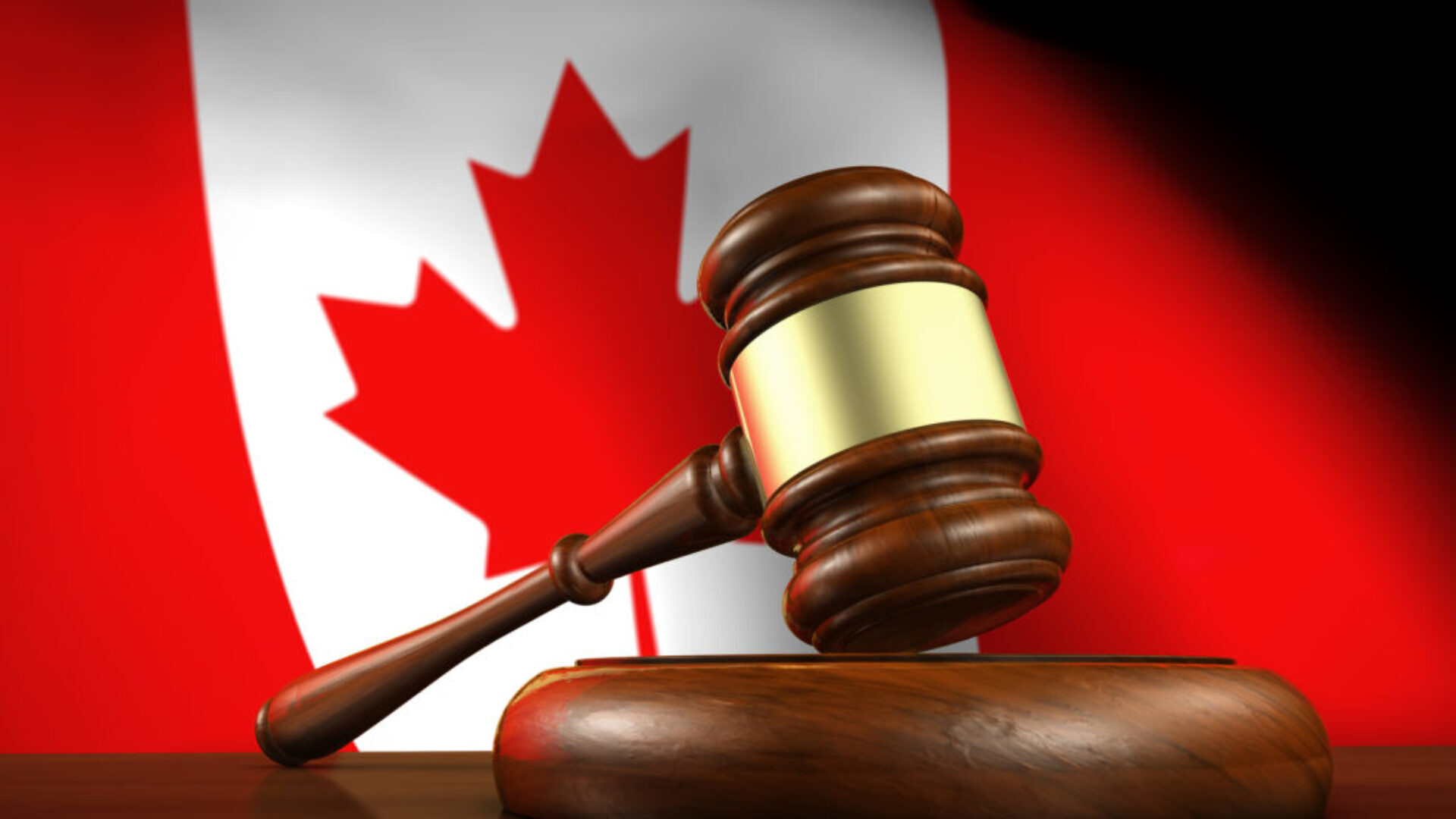Refugees in Canada 2025

Refugees in Canada: Challenges, Opportunities, and the Path Forward (2025)
Introduction
Canada has long been recognized as a global leader in refugee resettlement, characterized by its commitment to humanitarian efforts and its inclusive immigration policies. As of 2025, Canada continues to play a pivotal role in providing refuge to individuals and families fleeing conflict, persecution, and natural disasters. This report delves into Canada’s refugee system, the challenges refugees face, the contributions they make to Canadian society, and the policies shaping their integration.
1. Understanding Refugee Resettlement in Canada
1.1 Canada’s Refugee System: Refugees in Canada 2025
Canada’s refugee system operates through two primary streams:
- Resettled Refugees: These individuals are identified abroad and resettled in Canada through government initiatives or private sponsorship programs.
- Asylum Seekers: These individuals make their claims for protection upon arrival in Canada, either at ports of entry or inland offices.
1.2 Key Programs
- Government-Assisted Refugees (GARs): Refugees resettled with support from the Canadian government, including financial aid and settlement services.
- Privately Sponsored Refugees (PSRs): Individuals or groups sponsor refugees and provide financial and social support.
- Blended Visa Office-Referred (BVOR) Program: A collaboration between the government and private sponsors to share responsibilities.
1.3 International Commitments
Canada’s commitment to refugee resettlement aligns with its obligations under the 1951 Refugee Convention and its Global Compact on Refugees, adopted by the United Nations.
2. Statistics and Trends in 2025: Refugees in Canada 2025
2.1 Refugee Arrivals
As of 2025, Canada has welcomed approximately 50,000 resettled refugees annually, maintaining its position as one of the top countries for refugee resettlement globally. This figure reflects Canada’s ongoing response to global crises, including conflicts in Syria, Afghanistan, Ukraine, and climate-induced displacement in vulnerable regions.
2.2 Geographic Distribution: Refugees in Canada 2025
Refugees are resettled across all provinces and territories, with Ontario, British Columbia, and Alberta receiving the largest numbers due to their established support networks and economic opportunities.
2.3 Demographics
The majority of refugees arriving in Canada are families, with women and children comprising a significant portion. Increasingly, Canada is resettling LGBTQ+ refugees and individuals with disabilities, recognizing their heightened vulnerability.
3. Challenges Faced by Refugees: Refugees in Canada 2025
3.1 Housing Shortages
Affordable housing is a significant challenge for refugees, particularly in urban centers like Toronto, Vancouver, and Montreal, where high living costs strain settlement resources.
3.2 Employment Barriers: Refugees in Canada 2025
Refugees often face difficulties in finding employment due to:
- Lack of recognition of foreign credentials.
- Language barriers.
- Limited access to professional networks.

3.3 Language and Education
While Canada offers extensive language training programs (e.g., Language Instruction for Newcomers to Canada (LINC)), the demand often exceeds capacity. Refugee children face disruptions in their education, requiring additional support to catch up academically.
3.4 Mental Health: Refugees in Canada 2025
Many refugees arrive in Canada with trauma from war, persecution, or displacement. Access to culturally sensitive mental health services remains limited, particularly in smaller communities.
3.5 Social Integration
Adjusting to a new culture, climate, and social norms poses challenges for refugees. Experiences of discrimination and xenophobia further hinder integration.
4. Contributions of Refugees to Canadian Society: Refugees in Canada 2025
4.1 Economic Contributions
Refugees contribute significantly to Canada’s economy by filling labor shortages, starting businesses, and participating in local industries. Studies show that refugees often repay the cost of their resettlement through taxes within 10-15 years.
4.2 Cultural Enrichment: Refugees in Canada 2025
Refugees bring diverse cultures, traditions, and perspectives that enrich Canadian society. Their contributions to art, music, cuisine, and festivals foster multiculturalism, a core Canadian value.
4.3 Community Revitalization
In smaller towns and rural areas, refugees help revitalize declining populations and boost local economies by contributing to industries such as agriculture, manufacturing, and healthcare.
5. Canadian Policies and Initiatives in 2025
5.1 Expanding Pathways for Refugees: Refugees in Canada 2025
The Canadian government has introduced new policies to expand refugee pathways, including:
- Economic Mobility Pathways Pilot (EMPP): Supports skilled refugees in entering Canada through economic immigration streams.
- Climate Refugee Policy: Canada is among the first nations to formally recognize and resettle individuals displaced by climate change.
5.2 Settlement Services: Refugees in Canada 2025
Canada invests heavily in settlement services, offering:
- Language training (e.g., LINC and provincial programs).
- Employment assistance, including resume workshops and job placement.
- Orientation programs to help refugees navigate healthcare, education, and transportation systems.
5.3 Funding and Support
The federal government allocated over $1.5 billion in 2025 to support refugee programs. Private sponsorship remains a cornerstone of refugee resettlement, with communities and faith-based organizations playing key roles.
5.4 Technology Integration: Refugees in Canada 2025
Innovative technologies, such as mobile apps for language learning and virtual mental health counseling, are being used to enhance refugee support.
6. The Role of Private Sponsorship
Canada’s Private Sponsorship of Refugees Program (PSR) is unique and celebrated globally. Sponsors, including individuals, families, and organizations, commit to providing financial and social support for refugees during their first year in Canada.
6.1 Success Stories: Refugees in Canada 2025
Many refugees supported by private sponsors achieve faster integration due to the personalized attention and community connections offered by their sponsors.
6.2 Challenges in Sponsorship
While impactful, the PSR program faces challenges, including long processing times and limited capacity to meet the high demand for sponsorship.
7. Refugee Success Stories: Refugees in Canada 2025
Canada’s history is rich with inspiring stories of refugees who have overcome adversity to achieve remarkable success. Some examples include:
- Ahmed Hussen, a former Somali refugee, who served as Canada’s Minister of Immigration, Refugees, and Citizenship.
- Ruth Kagyama, a Ugandan refugee who became a successful entrepreneur in Vancouver, running a chain of eco-friendly businesses.
- Hani Al Moulia, a visually impaired Syrian refugee, who gained recognition as a photographer and advocate for disability rights.
These success stories highlight the resilience and determination of refugees and their contributions to Canada.

8. International Leadership and Advocacy: Refugees in Canada 2025
8.1 Global Resettlement Leadership
Canada continues to advocate for increased global responsibility-sharing in refugee resettlement. Through the United Nations High Commissioner for Refugees (UNHCR), Canada collaborates with other nations to support displaced populations.
8.2 Humanitarian Assistance: Refugees in Canada 2025
Canada provides financial aid and humanitarian assistance to regions experiencing crises, ensuring support for refugees before they arrive in Canada.
8.3 Global Compact on Refugees
As a signatory to the Global Compact on Refugees, Canada champions innovative solutions to displacement, including community sponsorship programs and capacity-building initiatives in refugee-hosting countries.
9. Challenges for Canada’s Refugee System in 2025
Despite its success, Canada’s refugee system faces challenges that require attention:
- Capacity Constraints: Rising global displacement exceeds Canada’s resettlement capacity, leading to difficult prioritization decisions.
- Backlogs: Delays in processing refugee claims and applications hinder timely resettlement.
- Coordination Across Levels of Government: Ensuring seamless integration requires collaboration between federal, provincial, and municipal governments.
- Addressing Root Causes: Canada must balance its domestic resettlement efforts with international advocacy to address the root causes of displacement.
10. Future Directions
10.1 Expanding Resettlement Quotas
Canada is exploring ways to increase its resettlement quotas to accommodate more refugees, particularly from regions experiencing prolonged crises.
10.2 Focus on Long-Term Integration: Refugees in Canada 2025
Programs focusing on long-term integration, such as mentorship initiatives and pathways to citizenship, are being expanded.
10.3 Climate Refugees: Refugees in Canada 2025
With climate change displacing millions globally, Canada is developing frameworks to address the needs of climate refugees and advocate for their recognition under international law.
10.4 Strengthening Global Partnerships
Canada aims to strengthen partnerships with other countries, NGOs, and international organizations to share responsibility for refugee protection.
Conclusion
Canada’s approach to refugee resettlement in 2025 underscores its commitment to humanitarian values and multiculturalism. While challenges remain, the resilience of refugees and the generosity of Canadian communities ensure that refugees are not just surviving but thriving. By investing in refugee support systems, addressing barriers to integration, and advocating for global solutions, Canada sets a powerful example for the world.
As Canada moves forward, its ability to adapt to evolving global challenges and embrace innovative solutions will be key to sustaining its leadership in refugee resettlement. Refugees, in turn, will continue to enrich Canada’s social, cultural, and economic fabric, reaffirming the nation’s identity as a beacon of hope and opportunity.
In case, if you need legal support with Refugee Claim and Further Immigration to Canada, please fill in application below or contact us directly.


